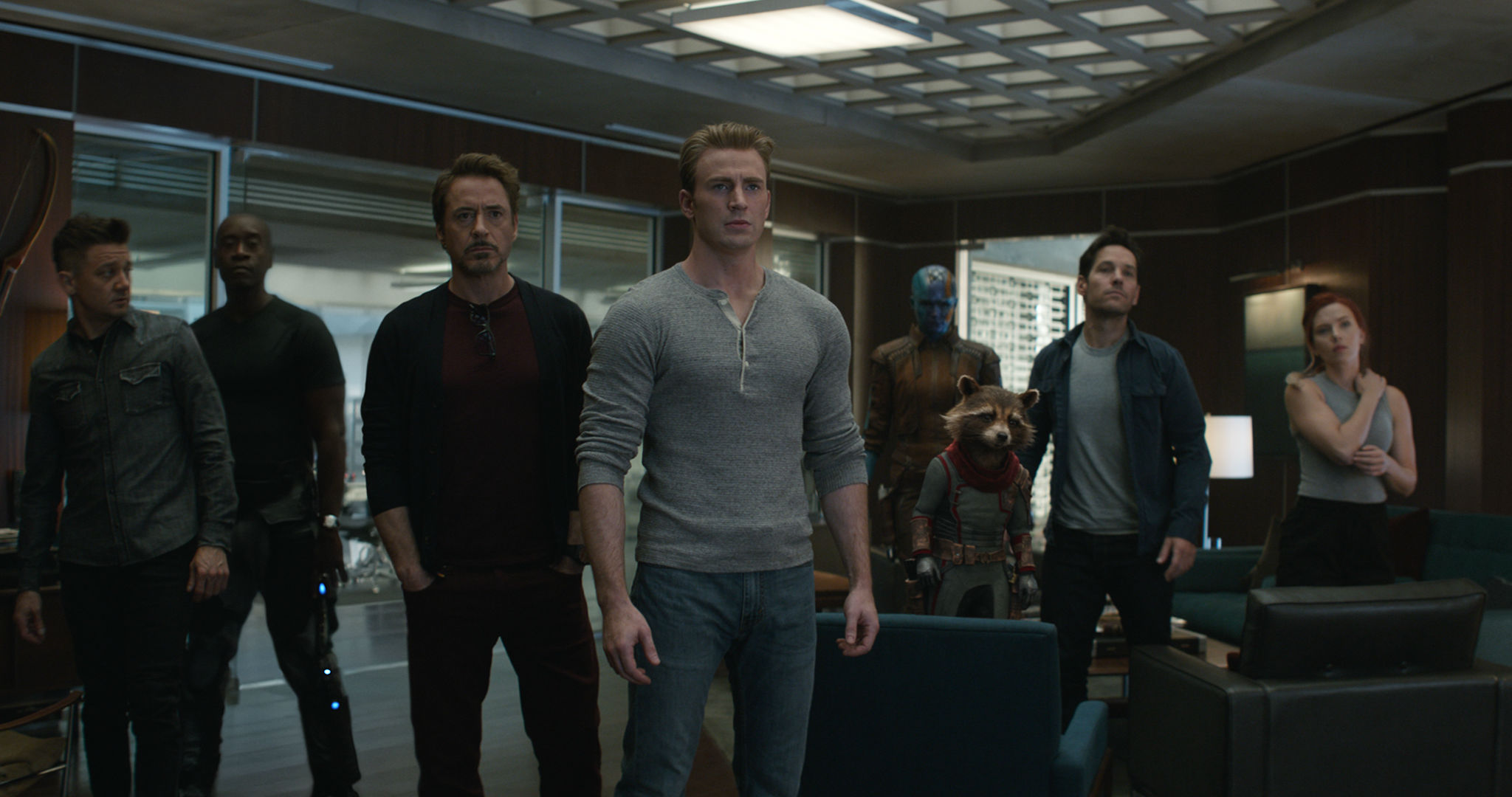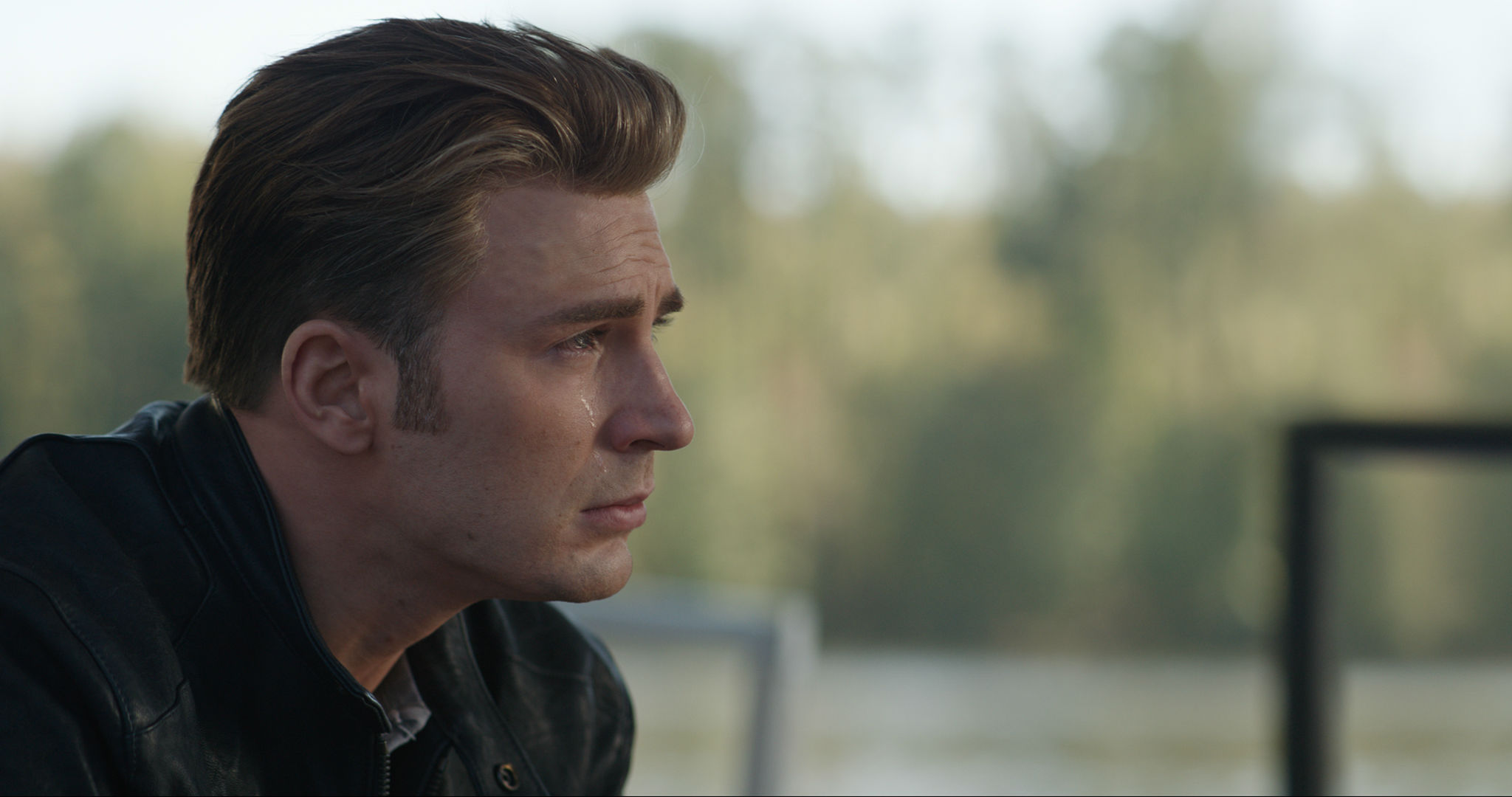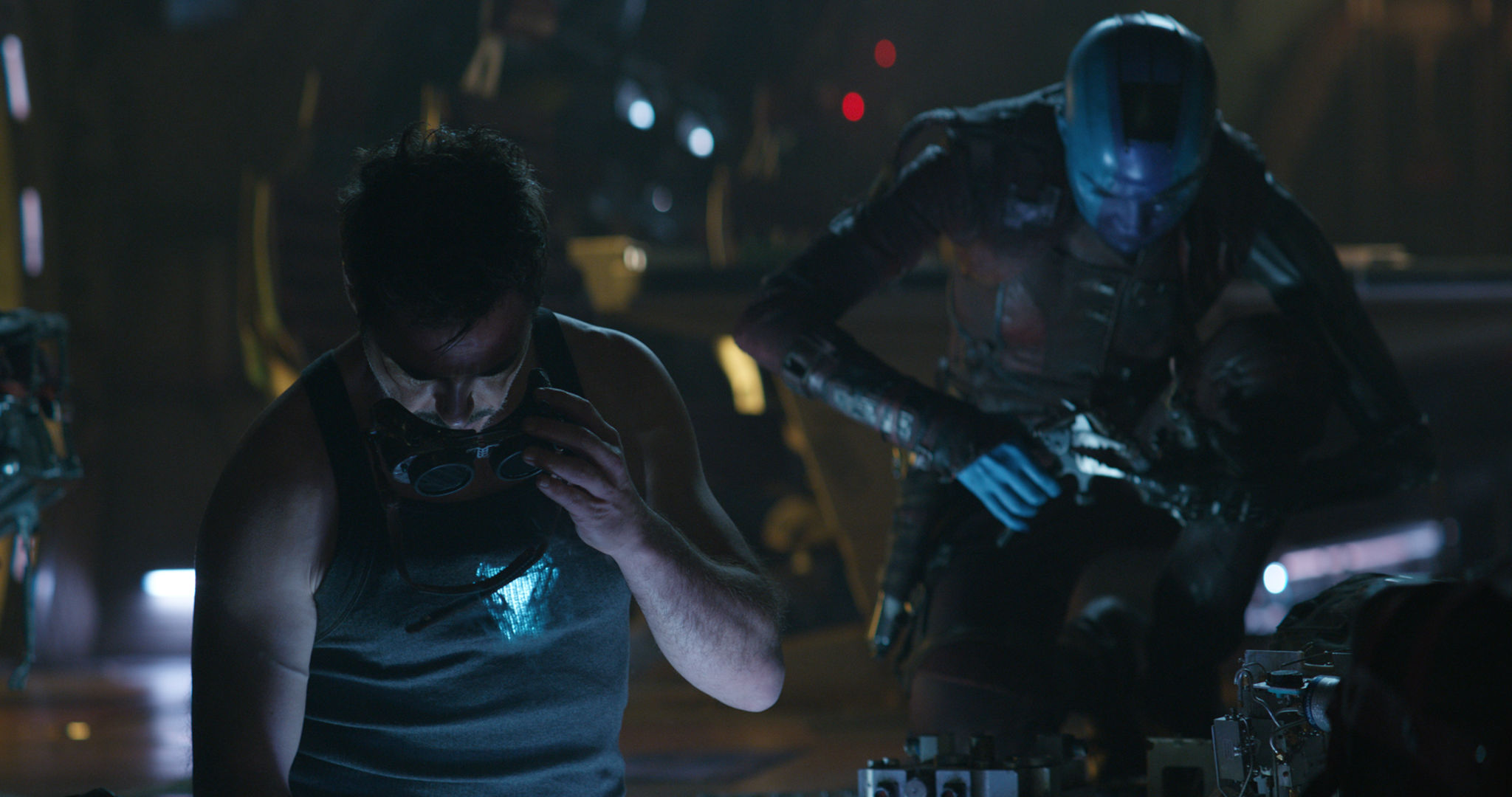Avengers: Endgame is everything you’ve ever dreamed a Marvel movie could be. It’s a three-hour adrenaline shot to the heart featuring mysteries solved, consequences suffered, shock, awe, and delight. Some scenes have a scope so huge, the mind reels to comprehend what you’re watching. Others are so poignant and small, you’ll hear the sniffles echoing in the theater. The film’s unrelenting bombardment of story and visual effects are sometimes so dense they edge toward baffling, but they also help gloss over a smattering of problems, which were inevitable with such grandiose goals. Endgame was never going to be perfect. But it comes damn close and, at times, rises to a state of near transcendence.
More than anything else, Endgame is meant to be a complete, complex, and satisfying conclusion to the last decade we’ve spent with its characters, and it delivers on that promise. The movie is the theatrical equivalent of going 15 rounds with a great fighter. It’s overwhelming and exhausting, but it feels incredible when the credits begin to roll.
Endgame is, primarily, a sequel to last year’s Avengers: Infinity War, and the film’s dense, complicated main story centers on that. Half the universe is gone, and it’s up to the Avengers to solve the problem. How they attempt that, or if they’re successful, is more revealing than I care to be. Suffice to say though, nothing is as it seems.

Photo: Disney
The film takes great care to be the narrative’s zenith as well as reward to fans who have spent the last 11 years watching Marvel movies by packing in countless nods and payoffs—narratively, visually, as well as sonically—to those previous 21 films. There are things in Endgame you never could have guessed would come back to light, but they do, and it’s glorious.
Like Infinity War and Civil War before it, Endgame is directed by Joe and Anthony Russo and written by Christopher Markus and Stephen McFeely. And, once again, that core four have crafted an insanely ambitious story that’s more intricate than its predecessors. Endgame tells a story that becomes increasingly complex as the movie goes along. Rarely is there a moment where it’s obvious how, or if, things are going to work out because everything just keeps getting harder and harder for the characters, creating an incredible amount of tension and intrigue. This makes the film, even at three hours long, feel overstuffed and overly busy at times. And yet, the payoffs built out of those complexities are so huge and satisfying, that’s more of a compliment than a complaint.
Although the film includes many of Marvel’s less prominent characters—Rocket, Ant-Man, War Machine, etc.—Endgame focuses on the original Avengers. In addition to the ongoing battle against Thanos, Endgame gives Iron Man, Captain America, Black Widow, Thor, Hulk, and Hawkeye each their own unique, rich narratives, adding a beating heart to this already robust film. Over the course of the movie, each of those characters goes on a hugely transformative journey, and not all of them work out. (Shit gets dark, y’all.) After spending more than a decade of movies with the Avengers, it’s immensely gratifying and emotional to see them struggle on a plethora of levels.

Photo: Disney
That’s also, in large part, because the actors portraying those characters give arguably their best Marvel performances to date. You might expect this thanks to the baggage each of their characters carries by this point, but Robert Downey Jr., Chris Evans, Scarlett Johansson, Mark Ruffalo, Chris Hemsworth, and Jeremy Renner are all stellar in Endgame. They aren’t the only ones (Karen Gillan as Nebula, Josh Brolin as Thanos, and Paul Rudd as Ant-Man all stand out, too), but if Marvel never made another movie with them, all of those actors could say they left their best work for last.
If Endgame’s ambitious storytelling is what makes it so impactful, it also causes a few stumbles. There are moments where plot points play out a little too conveniently or with not enough explanation in comparison to the rest of the story. And a few of the non-core-Avenger heroes, such as Okoye and Captain Marvel, get slightly shortchanged. They show up, but their roles feel fleeting. In a film fighting to do so much work in a reasonable amount of time, it’s inevitable some characters will fade, but it’s unfortunate that this time it’s them. Conversely, characters like Nebula and Ant-Man have increasingly important roles, so it kind of balances out. Still, you can’t help but wish all the characters could have done more.
Even with a hiccup here and there, Endgame works thanks also to its technical mastery. The film is sometimes juggling five or six stories simultaneously, but the Russos and their editors never let the audience get too far from one or the other. Each is partitioned in such a way that the movie has a near constant momentum as it barrels toward its climax.

Photo: Disney
The music by Alan Silvestri is also a star here, not just for the way it enhances the viewer’s kaleidoscope of emotions, but as a pinnacle to the work of so many others who’ve made music in the Marvel universe. The visual effects, from physical transformations to digital recreations, are also incredibly impressive and serve to enhance the story and the entire Endgame experience.
After 11 years and 21 movies, Avengers: Endgame is larger than a mere movie. It’s a personal experience. It works as a singular film and ultimately will be judged as such, but on first viewing, it works even better as a cherry on top of a decade of Marvel storytelling—the final piece of a glorious puzzle we’ve all been working to piece together since 2008. Everyone should have a chance to experiences those moments on their own, and I hope you will. You will not be let down.
Avengers: Endgame opens Thursday.
